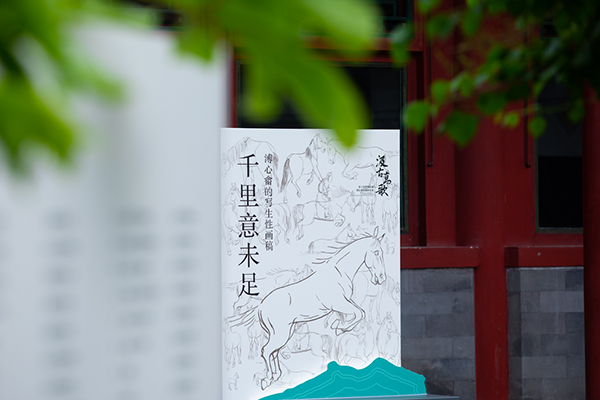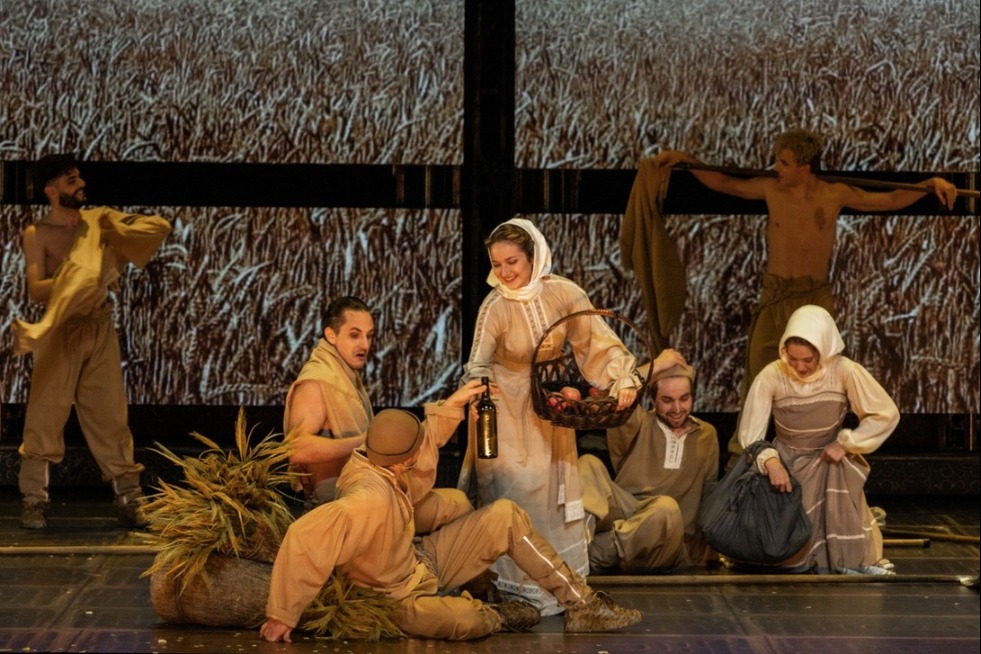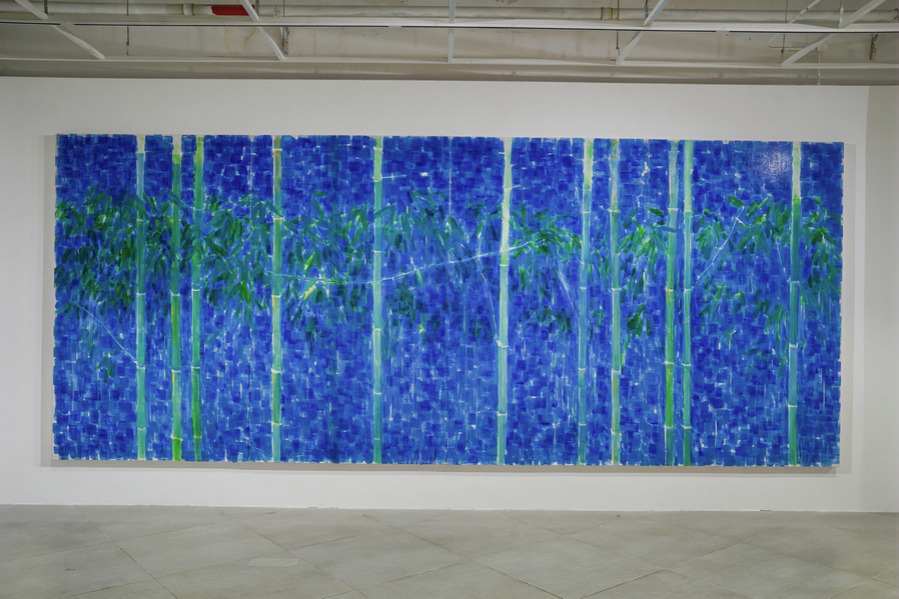Legacy of Pu Xinyu: A Journey through art at Prince Kung's Palace Museum


On April 23, Beijing's centuries-old aristocratic mansion, now transformed into a museum, unveiled a research exhibition on art works created by its last resident. A dignified and solemn opening ceremony took place in the museum on the morning of April 29.
Twenty-eight works and 35 drafts by Pu Xinyu (1896-1963, also known as Puru), a descendent of China's Qing Dynasty (1644-1911) imperial clan Aisin Gioro and the final proprietor of Prince Kung's Palace, are on display at Prince Kung's Palace Museum, located in Beijing's bustling Shichahai area, popular among tourists.

Pu Xinyu was the grandson of Prince Kung, a political heavyweight during the late Qing Dynasty. He was born and brought up in the mansion, exposed to the family's rich collection of art while being trained in equestrian to uphold his Manchurian heritage. He developed his unique artistic idiosyncrasy by adopting and synthesizing a variety of styles of ancient Chinese art that he had access to. He rooted the originality of his creations deeply in quintessential Chinese traditions.





































